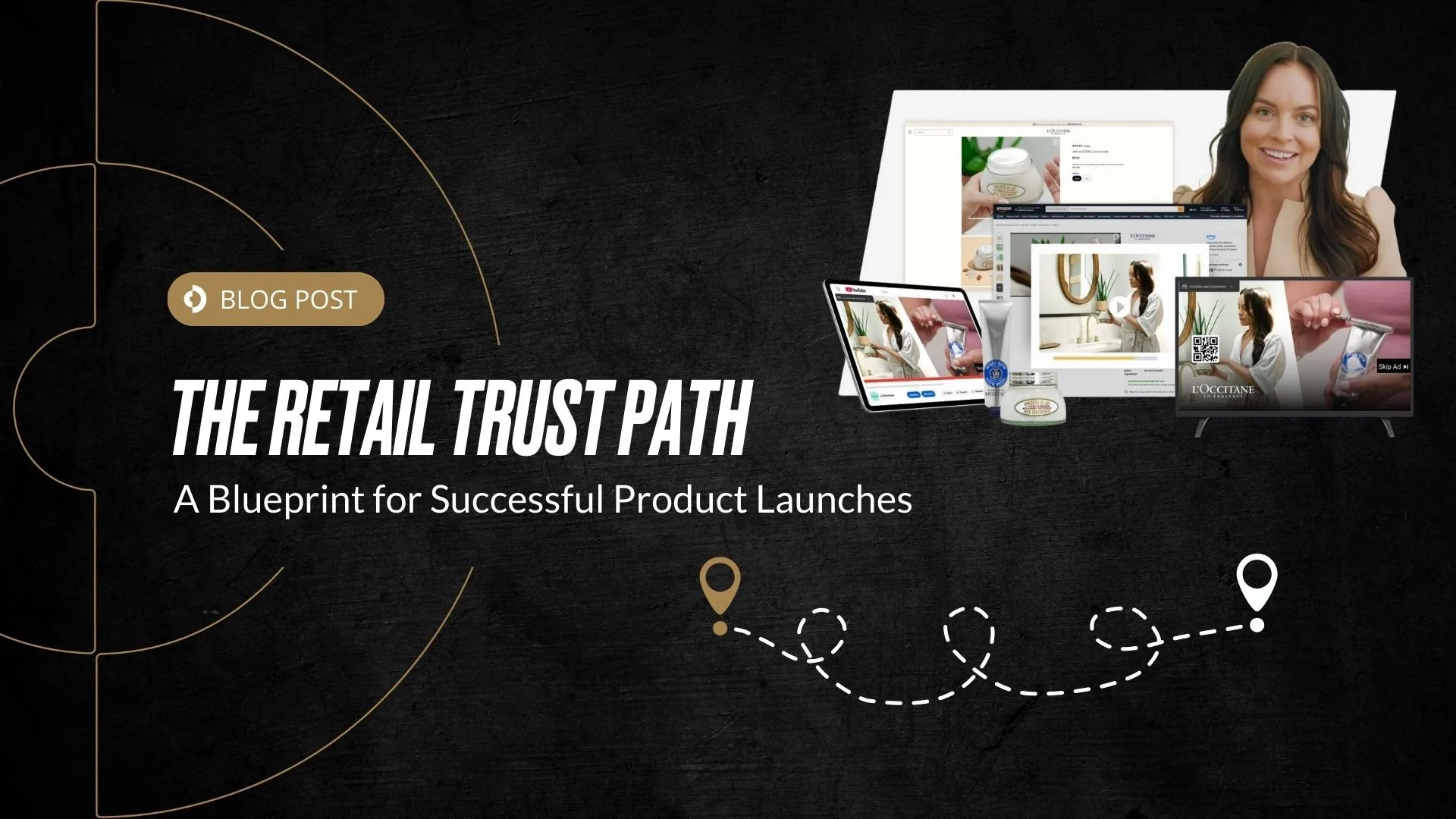Trust Me? I'm an Expert? | The World Has a Trust Problem
How Expert Storytelling Builds Brand Trust
We live in a world where anyone can claim expertise with the tap of a finger. The rise of social media influencers has muddied the waters of what it means to be an expert, and the line between genuine knowledge and social popularity is more blurred than ever. This digital landscape, where followers and likes are often mistaken for qualifications, makes me wonder: How can we spot real expertise in a world driven by likes?
Let’s be honest: it’s easier than ever to deceive. In fact, the entire influencer economy has capitalized on the ability to look knowledgeable without necessarily being qualified. A recent study found that 90% of consumers trust reviews online, despite growing concerns over their authenticity . Enter the Federal Trade Commission (FTC), which started cracking down on fake reviews and endorsements because the stakes have gotten too high. The ability to mislead has become too easy, and unfortunately, too necessary for brands to be seen. The algorithmic forces that drive platforms like Instagram and TikTok are complicit in this. They reward content creators who churn out material at a rapid pace, optimizing visibility the more content they produce—whether or not they truly know what they’re talking about.
The Cost of Fake Reviews in E-Commerce and Consumer Trust
This rush for quantity over quality is damaging. In the retail world, more content doesn’t necessarily translate to better consumer decisions. In fact, it often leads to the opposite—more confusion. When you have an influx of influencer-driven content but fewer true experts, consumers are left trying to navigate a sea of misinformation. Studies show that over 40% of consumers struggle to discern whether a review is fake or real. The overwhelming volume of voices shouting about products without real-world expertise has created a paradox: the more information we have, the less clarity we gain.
The Shift Toward Expert Storytelling
But I believe we’re at a turning point. There’s a growing recognition that expertise—true, hard-earned expertise—is something to be respected. It should be aspirational. The future we want for our children is one where they don’t say, “I want to be an influencer,” but instead, “I want to be an expert.” Expertise shouldn’t be reduced to clicks and follows, but seen as a symbol of mastery, knowledge, and dedication. The influencer bubble, which often relies on a shallow understanding of products or industries, is a far cry from the kind of deep knowledge that professionals in the real world offer.
Why Real Experts Matter More Than Ever
Real-world skills—whether it’s a doctor, engineer, or even a skilled craftsman—can never be replaced by digital influence alone. You wouldn’t want AI to give you a massage or a robot to cut your hair. There’s something irreplaceable about the personal touch, the years of practice, and the kind of feedback that comes from experience, not just observation.
A post-truth world is not the future we should be striving for, but the truth still has a fighting chance if we re-establish expertise as something to be earned, not simply claimed.
Who Will We Trust in the Next Decade?
As we move forward, the question becomes: Who will we trust in the next decade? Will it be the influencers of today or the experts who have invested years in mastering their craft? I’m betting on the latter—and I think the world will be better for it.
---
About the Author: Judith Levey is the co-founder and COO of The Desire Company, the leading provider of expert-driven content for commerce. Previously, as Head of Global Brand PR at The Coca-Cola Company, she launched its first global influencer program. Her experiences with the program opened her eyes to the growing gap between real expertise and social influence, sparking her mission to bring authenticity back to commerce.
As mom of two teenage daughters and a toddler son, she hopes they’ll grow up to develop and value real world skills—beyond making TikToks or expertly throwing snacks on the floor.










